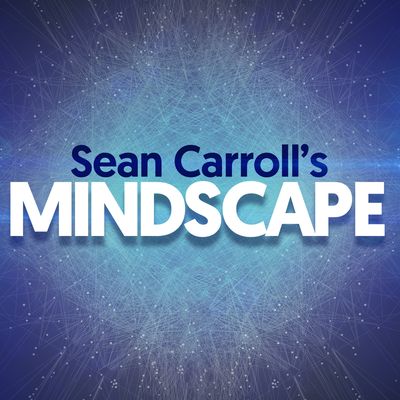Ever wanted to know how music affects your brain, what quantum mechanics really is, or how black holes work? Do you wonder why you get emotional each time you see a certain movie, or how on earth video games are designed? Then you’ve come to the right place. Each week, Sean Carroll will host conversations with some of the most interesting thinkers in the world. From neuroscientists and engineers to authors and television producers, Sean and his guests talk about the biggest ideas in science, philosophy, culture and much more.
https://www.preposterousuniverse.com/podcast/
episode 272: Leslie Valiant on Learning and Educability in Computers and People
Science is enabled by the fact that the natural world exhibits predictability and regularity, at least to some extent. Scientists collect data about what happens in the world, then try to suggest "laws" that capture many phenomena in simple rules. A small irony is that, while we are looking for nice compact rules, there aren't really nice compact rules about how to go about doing that. Today's guest, Leslie Valiant, has been a pioneer in understanding how computers can and do learn things about the world. And in his new book, The Importance of Being Educable, he pinpoints this ability to learn new things as the crucial feature that distinguishes us as human beings. We talk about where that capability came from and what its role is as artificial intelligence becomes ever more prevalent.
Blog post with transcript: https://www.preposterousuniverse.com/podcast/2024/04/15/272-leslie-valiant-on-learning-and-educability-in-computers-and-people/
Support Mindscape on Patreon.
Leslie Valiant received his Ph.D. in computer science from Warwick University. He is currently the T. Jefferson Coolidge Professor of Computer Science and Applied Mathematics at Harvard University. He has been awarded a Guggenheim Fellowship, the Knuth Prize, and the Turing Award, and he is a member of the National Academy of Sciences as well as a Fellow of the Royal Society and the American Association for the Advancement of Science. He is the pioneer of "Probably Approximately Correct" learning, which he wrote about in a book of the same name.
See Privacy Policy at https://art19.com/privacy and California Privacy Notice at https://art19.com/privacy#do-not-sell-my-info.
